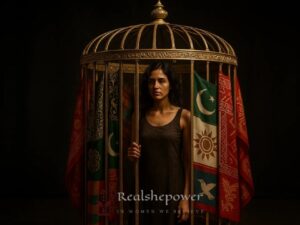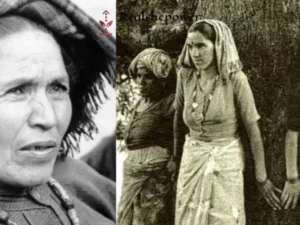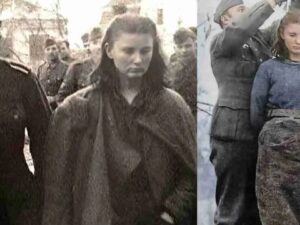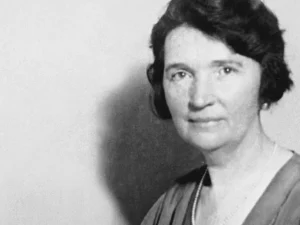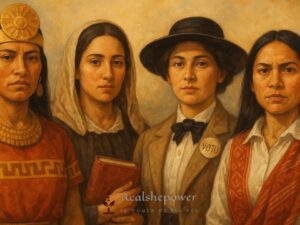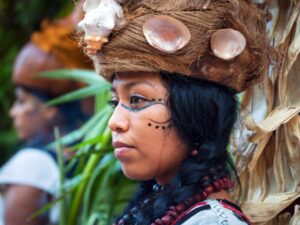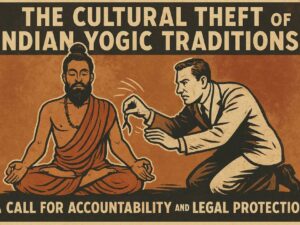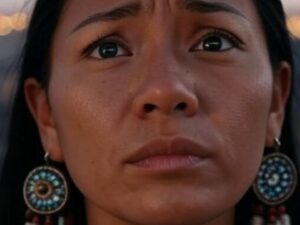Cultural anthropology, a vibrant and ever-evolving field, allows us to comprehend the rich heritage of different societies and grasp the shared essence of being human.
What is Cultural Anthropology?
At its core, cultural anthropology is all about exploring the intricate connections that weave humanity together. It endeavors to decipher the complex codes that shape the ways we live, interact, and perceive the world around us. In essence, cultural anthropology is like the grand detective of human existence, seeking answers to the fundamental questions that have puzzled us since time immemorial.
Imagine standing at the crossroads of history and culture, where anthropologists embark on their quests. Armed with notebooks, recording devices, and an insatiable curiosity, they delve into the depths of societies to grasp the essence of what it means to be human. From bustling cities to remote villages, from ancient tribes to modern urban conglomerates, cultural anthropologists traverse the globe, seeking to unlock the secrets of human diversity.
But hold on, dear reader, this isn’t your typical snooze-worthy history lesson. Cultural anthropology is no dry academic pursuit; it is a captivating narrative that comes alive through the vivid tales and enchanting anecdotes shared by those who call these societies home. It’s like diving headfirst into a novel where each page reveals a new chapter in the grand saga of human existence.
Unearthing the Roots: The Pioneers of Cultural Anthropology
Now, let’s step back in time, to an era when the foundations of cultural anthropology were laid. The trailblazers of this enthralling field, led by the likes of Franz Boas and Margaret Mead, sought to shatter the shackles of ethnocentrism and embrace cultural relativism.
Franz Boas, often hailed as the “Father of Modern Anthropology,” emphasized the significance of studying cultures in their own context. He rejected the notion that one culture is superior to another and championed the idea that each society possesses intrinsic value, contributing its unique thread to the global tapestry.
Enter Margaret Mead, a trailblazing anthropologist whose groundbreaking studies challenged conventional gender roles and cultural norms. Her iconic work on the Samoan people, “Coming of Age in Samoa,” painted a picture of cultural practices vastly different from the Western world, sparking a renaissance in cultural understanding.
Embracing Ethnography: The Heart of Cultural Anthropology
So, how do cultural anthropologists unravel the mysteries of cultures in such a captivating way? Welcome to the realm of ethnography, a method that immerses these curious souls into the lives of the people they study.
Imagine you’re an anthropologist living among the Masai tribe of East Africa. You’ve swapped your khakis for traditional robes, blending into the vibrant tapestry of their daily lives. As you partake in their customs and rituals, you develop a profound sense of empathy and understanding for the community you study.
Ethnography, my inquisitive friends, is like wearing cultural glasses that allow anthropologists to see the world through the eyes of the people they encounter. It involves deep observation, intimate interviews, and active participation in the lives of those being studied. This approach enables cultural anthropologists to decode the hidden meanings behind cultural practices, bringing them to life in all their vibrant colors.
Language and Identity: Unraveling Linguistic Anthropology
Now, let’s venture into the realm of linguistic anthropology, where language is not just a tool for communication but a window into the very soul of a culture.
Think of language as a living, breathing entity that shapes our thoughts, beliefs, and worldview. It is like a mirror reflecting the cultural nuances and social intricacies of a society. Linguistic anthropologists, the language detectives, explore the way words, phrases, and dialects intertwine with the cultural identity of a community.
Imagine traveling to a remote village nestled amidst lush greenery. As you engage with the locals, you discover that their language contains words and phrases that hold profound significance to their unique way of life. It’s like piecing together a linguistic puzzle, where every word speaks volumes about the people who use it.
Rites of Passage: The Cultural Significance of Rituals
Let’s now turn our attention to the captivating world of rituals and rites of passage, where cultural anthropology reveals its most intimate discoveries.
Rituals, my fellow adventurers, are the threads that bind societies together, marking significant life transitions and celebrating shared experiences. Picture a grand wedding ceremony, where the customs, songs, and dances come together in a joyous symphony of tradition. Or imagine a solemn funeral rite, where mourning transcends words, expressing a universal language of grief.
These rituals, as diverse as the cultures that birth them, play a vital role in shaping cultural identities and fostering a sense of belonging. They serve as anchors, providing stability and continuity in an ever-changing world.
Cultural Anthropology Goes Digital: Navigating the Virtual Terrain
Ah, now it’s time to embark on a quest into the virtual realm, where cultural anthropology navigates the digital frontier.
In this age of technological wonders, cultural anthropology has adapted to embrace the virtual world. Online ethnography, my tech-savvy friends, allows anthropologists to study digital communities, understanding the impact of technology on cultural practices and social interactions.
Picture anthropologists joining virtual forums, engaging with users from different corners of the globe. They unravel the intricacies of online subcultures, witnessing how memes, gifs, and emojis become the building blocks of a new virtual language.
Preserving Cultural Heritage: The Role of Cultural Anthropologists
But cultural anthropology isn’t just about exploration; it is also about preservation and advocacy.
Anthropologists, like guardians of cultural treasures, work tirelessly to document and safeguard endangered traditions. They strive to protect the invaluable legacies of humanity, ensuring that future generations can marvel at the cultural wonders that came before.
Think of them as cultural ambassadors, bridging the gap between the past and the future, holding space for the voices of communities whose existence might otherwise fade into oblivion.
FAQs:
Q1: How is cultural anthropology different from other branches of anthropology?
Cultural anthropology focuses on studying human cultures and societies, while other branches of anthropology, such as physical anthropology and archaeology, explore different aspects of the human experience, including human evolution and material remains of past civilizations.
Q2: Can cultural anthropology help us address contemporary societal issues?
Absolutely! By understanding diverse cultures and the factors that shape them, cultural anthropology can provide valuable insights into addressing modern challenges like globalization, cultural conflicts, and social inequalities.
Q3: Is cultural relativism a challenging concept to embrace?
While cultural relativism might challenge our preconceived notions, adopting this perspective is crucial to fostering intercultural understanding and respect.
Q4: How do cultural anthropologists ensure ethical research practices?
Cultural anthropologists adhere to strict ethical guidelines, respecting the autonomy and privacy of the communities they study. Informed consent and ongoing communication are essential components of ethical research.
Embracing Cultural Anthropology
As we reach the culmination of this captivating journey, we find ourselves humbled by the depth and diversity of human cultures. Cultural anthropology enables us to step into the shoes of others, embracing their unique perspectives and gaining a profound appreciation for the intricate threads that weave us together.
In this age of interconnectedness, understanding and valuing cultural diversity is more critical than ever. So, let us continue to celebrate cultural anthropology, a lens through which we can forge a more enlightened and compassionate world. After all, we are but different shades of the same cultural mosaic, united in our shared humanity.



